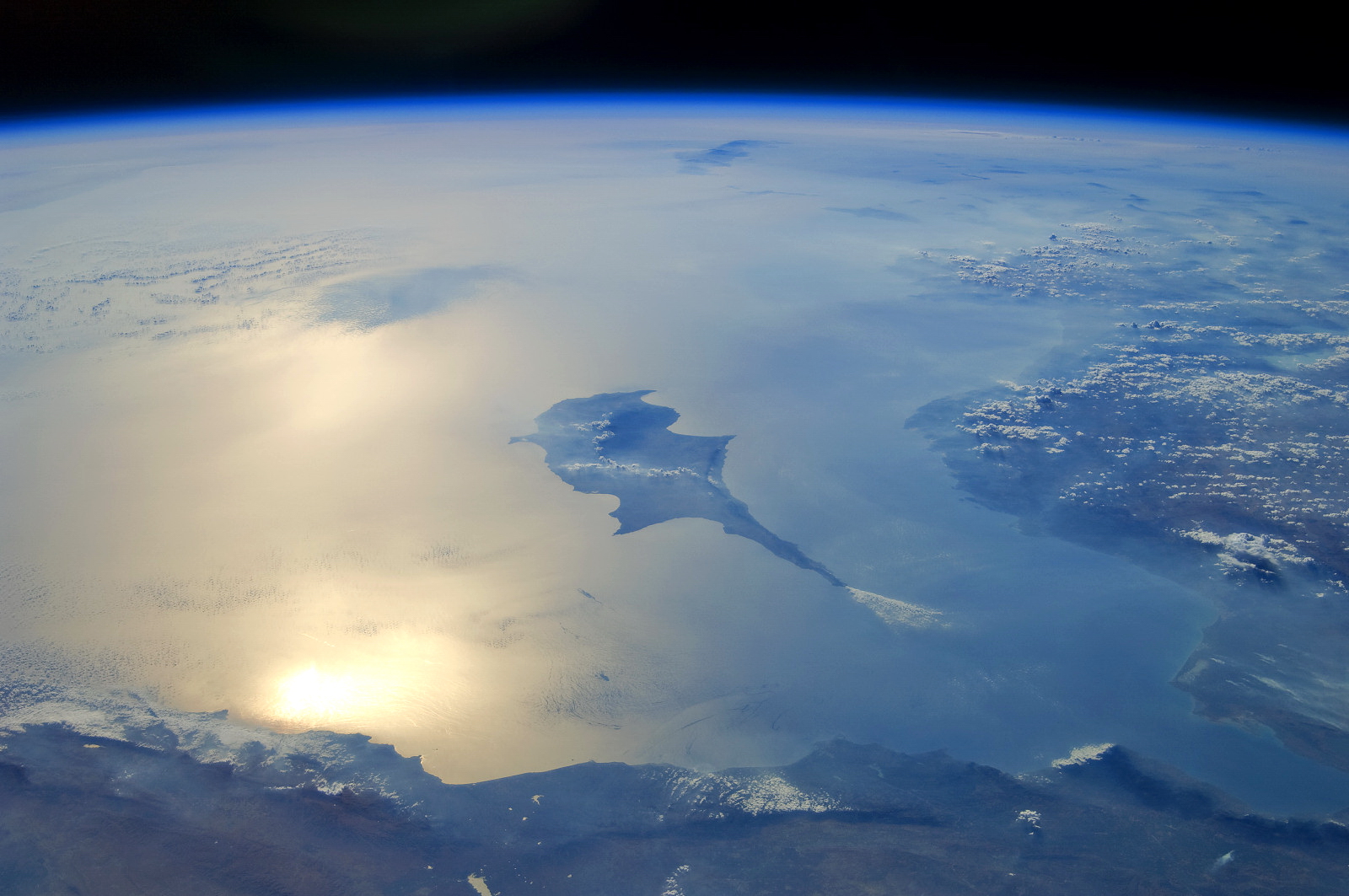
Dear Colleagues and Friends,
As 2024 comes to a close, I want to express my heartfelt gratitude for your continued interest in the work of the Near East Institute. Unfortunately, the joy of this festive season is once again overshadowed, not only by the ongoing wars in Ukraine and Gaza, but also by the recent upheaval in Syria following the unexpected overthrow of the regime by the opposition forces at the end of November. Moreover, the United States is set to usher in the return of Mr Donald Trump as the 47th President, a development that may introduce yet another layer of complexity to the wider international order.
Throughout the year, the Near East Institute has remained steadfast in developing a deep understanding of the tectonic shifts impacting the Middle East, as well as Cyprus and the broader Eastern Mediterranean region.
2024 was a pivotal year for Cyprus as it marked several key anniversaries: the 60th anniversary of the United Nations Peacekeeping Force in Cyprus (UNFICYP), 50 years since the island's division in 1974, and 20 years since its accession as a still-divided island to the European Union (EU). This year also saw the appointment of Ms María Ángela Holguín as the United Nations (UN) Secretary-General’s Personal Envoy on Cyprus, tasked with identifying common ground for the resumption of peace talks, which have been stalled since 2017. Holguín, a seasoned Colombian diplomat who served as her country’s foreign minister for eight years and as its permanent representative to the UN, concluded her term in the summer with a report and a farewell message, saying “we must think differently” to find a solution to the Cyprus problem.
In October, diplomatic momentum shifted to New York, where informal talks were held between the Turkish and Greek Cypriot leaders, facilitated by the UN Secretary-General. In New York, the two sides agreed to have an informal meeting in a broader format in the near future, and to meet in Cyprus to explore the possibility of opening new crossings. The UN Secretary-General’s new initiative for a solution of the Cyprus problem is expected to begin with the start of the new year.
Meanwhile, in the Eastern Mediterranean, Turkish Cypriots and Türkiye have renewed calls for dialogue, also expressing optimism about strengthening ties with the EU. Türkiye continued its efforts to revive relations with Egypt, and its evolving relations with Athens offer significant potential for regional stability. Regarding the latter, both countries have a vested interest in being seen as stabilising forces in an increasingly volatile region. Their successful joint bid for key positions within the Organization for Security and Cooperation in Europe further demonstrates their capacity for collaboration on the international stage. This momentum offers a crucial opportunity for creative diplomacy for and in Cyprus too, particularly given the current stalemate and shifting regional dynamics. However, seizing this opportunity will require all parties to fulfill their responsibilities and demonstrate a commitment to dialogue and cooperation.
2024 was a busy period for the Institute, in actively monitoring the region while staying attuned to broader global developments. Alongside its close regional focus, NEI engaged in ongoing partnerships, research initiatives, and innovative programming to provide timely analysis and insights. To that end, the annual Global Security Seminar Series featured research on topics such as the global decline of democratic governance, geopolitical tensions in the Arctic, sectarian politics in Northern Ireland, strategic disinformation in Africa, ongoing border conflicts and state fragility in East Africa, nationalism and border dynamics in Uzbek-Kyrgyz borderlands, US presidential elections, and the war in Gaza, featuring contributions from a diverse group of experts, including: Prof Nick Megoran (Newcastle University), Prof Nic Cheeseman (University of Birmingham), Prof Stephen Farnsworth (University of Mary Washington), Prof Devashree Gupta (Carleton College), Assoc Prof Oscar Mwangi (University of Rwanda), Dr Tobias Etzold (Norwegian Institute of Foreign Affairs) Dr Dani Madrid-Morales (University of Sheffield) and Dr Tahani Mustafa (international Crisis Group). Additionally, NEI welcomed the former Turkish Ambassador to Syria, H.E. Ömer Önhon, who delivered a public lecture addressing the latest developments in Syria and Turkish policy toward the country. We are grateful to all our distinguished guest speakers for delivering these insightful events, fostering a deeper dialogue on these critical issues and strengthening NEI’s mission to bridge the gap between research and policy.
On international partnerships, the Institute also remained steadfast in working together with a range of partners including civil society actors, foreign embassies/ministries, and other universities. In the past year, NEI worked together with the US Embassy Cyprus in becoming a host institution for the Fulbright Specialist Program. This collaboration will see a US based academic to engage in a three-week project based exchange at Near East Institute in the Spring 2025 to develop academic curricula and materials for the existing US Foreign Policy course, deliver public lectures, and strengthen institutional linkages.
Looking ahead, 2025 will be an important year in many respects, and we will maintain our strong position to provide valuable insights into political and strategic trends in Cyprus, the Eastern Mediterranean and beyond.
Thank you for your continued support of the Near East Institute and we look forward to staying connected with you in 2025.
Wishing you and your loved ones health, happiness, and peace in the New Year.
Dr. Mustafa Çıraklı
Director
Near East Institute